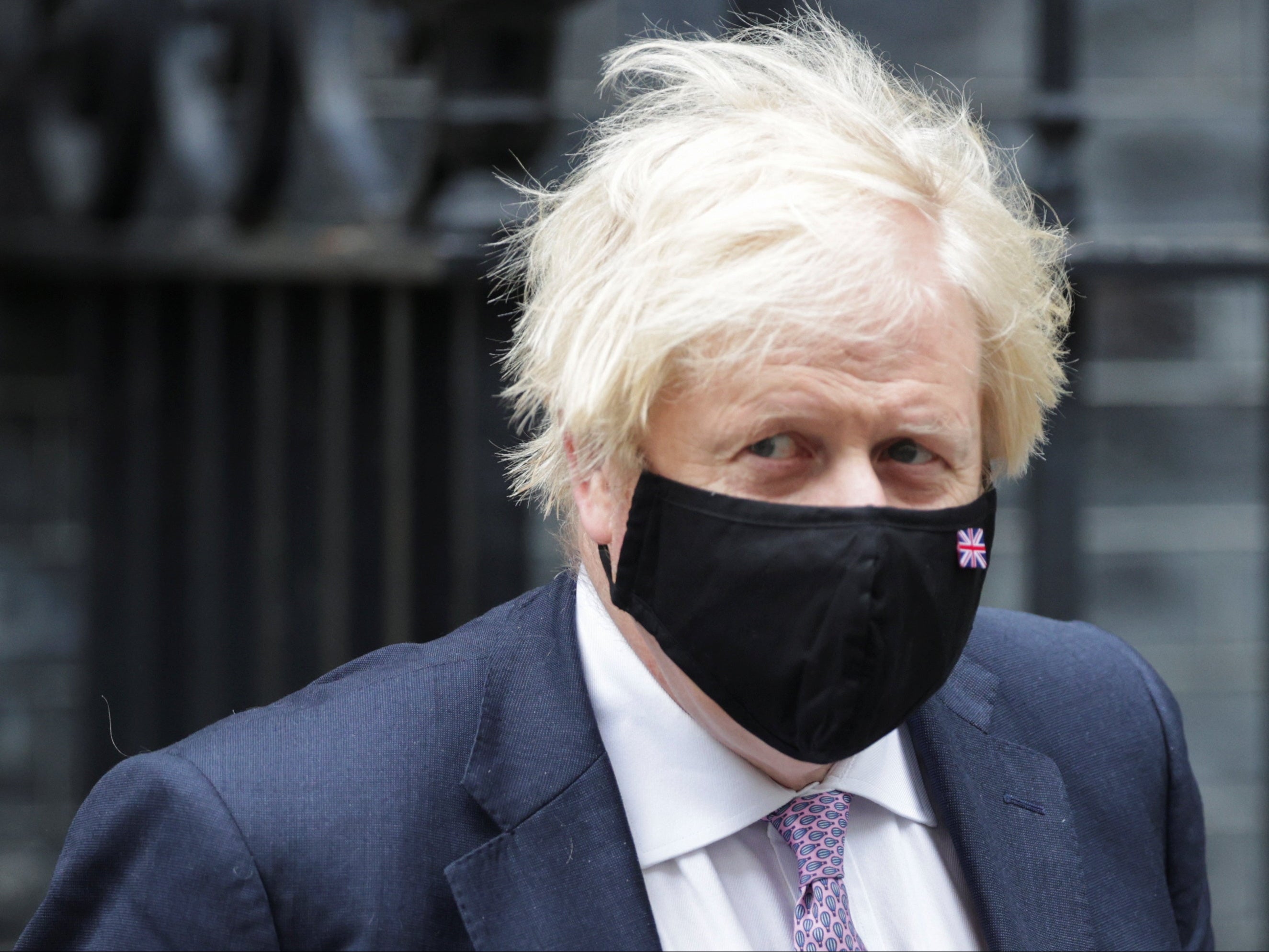Why changing the Human Rights Act would be a huge risk for Boris Johnson
Redress over human rights in Britain would be made even more difficult if the government presses ahead with its proposals to weaken judicial review, writes Sean O’Grady


To coin a phrase, the Human Rights Act 1998, which the government is now reviewing, was passed to “bring human rights home”. Home, that is, in the sense that Britain, fresh from its struggle against Nazism, was one of the prime movers behind the European Convention of Human Rights as it was framed in 1950, and in the establishment of the European Court of Human Rights in Strasbourg. Despite the name, it has nothing to do with the European Union (though the EU has its own Treaty commitments to human rights).
Before the 1998 legislation, anyone who sought redress for infringement of their human rights had to take their case direct to Strasbourg – the British courts were not previously open to them, and so the process became a little less forbidding and more accessible. Critics derided what they saw as frivolous claims “yuman rights” cases and the lawyers who were (actually or perceived) to make money out of them, not least, it was said, Cherie Booth, the wife of the then prime minister. Claims against, for example, British forces, immigration officials and prison authorities were usually the more controversial.
These have irritated successive home secretaries (especially Conservative ones), but only now has a government set in train a review of the Human Rights Act. This now threatens to weaken and confuse the UK’s own position on defending human rights. The report by the Lords and Commons Joint Committee on Human Rights, chaired by Harriet Harman, is the latest to raise concerns about what may emerge from the review. The shadow justice secretary, David Lammy, is also speaking up.
The government wants to limit the way the convention, via the act, interferes with the freedom of the executive and parliament to act as they wish. However, that limitation on executive action and parliamentary sovereignty is inherent as an international treaty obligation. Before the 1998 act, during its career and, it seems, after its amendment or repeal, the UK will (presumably) be a signatory to the convention and bound by the rulings of the court in Strasbourg. Only if the UK withdrew from the convention, joining Belarus as an outcast, would full sovereignty be restored – but human rights weakened. Diverging UK legislation from the European Convention would merely create double standards and confusion for all concerned (and more work for lawyers).
The cross-party parliamentary committee is clear in its conclusion, and on why the supposed restrictions imposed by the act are in any case more myth than fact: “There is no case for changing the Human Rights Act … Whilst courts can find legislation incompatible with our ECHR obligations, the courts cannot overturn primary legislation, keeping parliamentary sovereignty intact. The requirement for public authorities to act compatibly with ECHR rights has embedded human rights in the delivery of public services. The act is a central part of the devolution settlement in the UK. To amend the Human Rights Act would be a huge risk, to our constitutional settlement and to the enforcement of our rights.”
What is more, redress over human rights in Britain would be made even more difficult if the government presses ahead with its proposals to weaken judicial review. Ministers such as the home secretary, Priti Patel, and the justice secretary, Rob Buckland, have made great play about “politically motivated” lawyers causing trouble and seeking to frustrate the democratic wishes of the people, government and parliament (they are often spoken of as interchangeable and equivalent) by judicial tricks. The attempt to limit judicial review is said not to be aimed at individuals, but rather campaigns such as the one that eventually led to the reversal of the propagation of parliament in 2019, and that individuals can still apply for review. However, it may be a matter of opinion as to what constitutes a political campaign.
The suspicion remains that the debate on human rights and the European Convention has become distorted by Brexit and the wave of anti-European sentiment that has taken hold in some quarters of the Establishment. It would be strange indeed, though not unprecedented, for such a significant constitutional shift to be based on a major misunderstanding.



Join our commenting forum
Join thought-provoking conversations, follow other Independent readers and see their replies
Comments